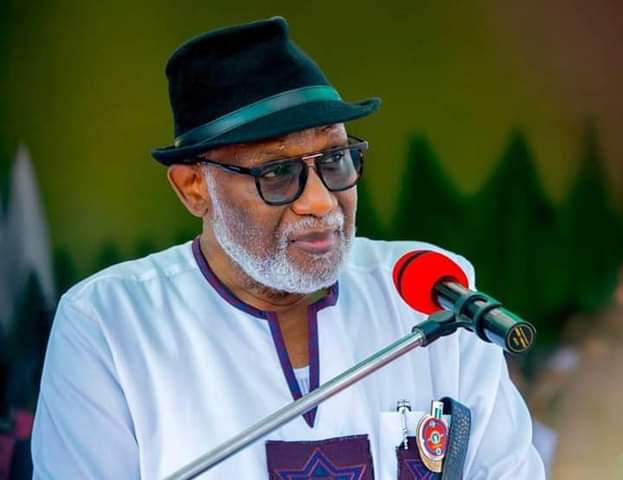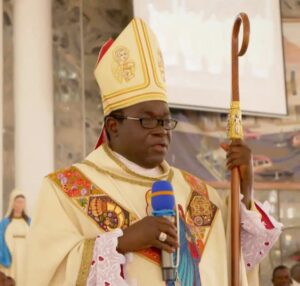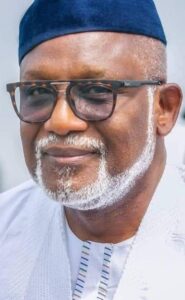
THE organised labour unions in Ondo State on Thursday alleged that the state government had not honoured various previous agreements reached with them over their demands on salaries and deductions payment.
This was contained in a letter addressed to the state Governor, Rotimi Akeredolu, and made available to our correspondent.
The letter was signed by the state Chairmen and Secretaries of the Nigeria Labour Congress, the Trade Union Congress and the Joint Negotiating Council, Mr Sunday Adeleye-Oluwole, Mrs Helen Odofin, Mr Niyi Fabunmi, Mr Omokehinde Shado, Mr Tajudeen Balogun and Mr Kehinde Olomiye, respectively .
The unions said the current situation in the state required “re-thinking, re-jigging and re-working the current mode of salary payment to a model that will satiate all interests,” lamenting that the government had not met with them on the matter that concerned their welfare in the time.
They urged the governor to meet with them and proffer a way out of the problem.
They demanded that, “The government should come up with an agreeable template with labour on the payment of monthly salary. And the said template must take care of the settlement of salaries arrears (deductions) from May 2020 – September, 2020, pension arrears, outstanding subvention to state-owned tertiary institutions.
“The gross salary must take effect as we say no to the current mode of payment of salary i.e. net payment and that the model adopted by the Ministry of Local Government and Chieftaincy Affairs in salaries payment whenever there is shortfall in federal allocation to Local Government and SUBEB be adopted by the state government since borrowing to augment salaries has become an uphill task.
“The constant information flow between labour and government should be maintained as this will further strengthen and cement the relationship.”
The unions, in the letter, gave government up till Friday, November 27, 2020 to convene a meeting, where all their demands would be looked into, adding that failure might lead to industrial unrest in the state.
By Peter Dada












